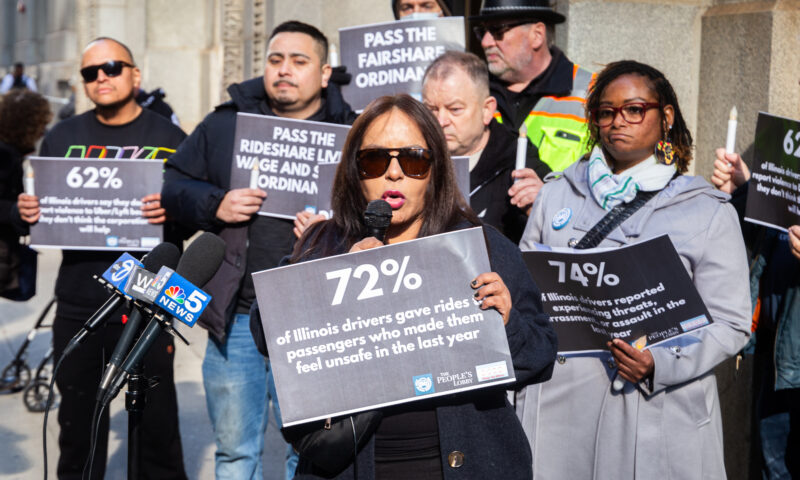
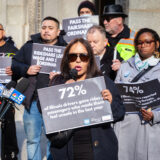
What do nurses, Waffle House servers and Uber drivers have in common? Violence on the job — and a movement to end it.
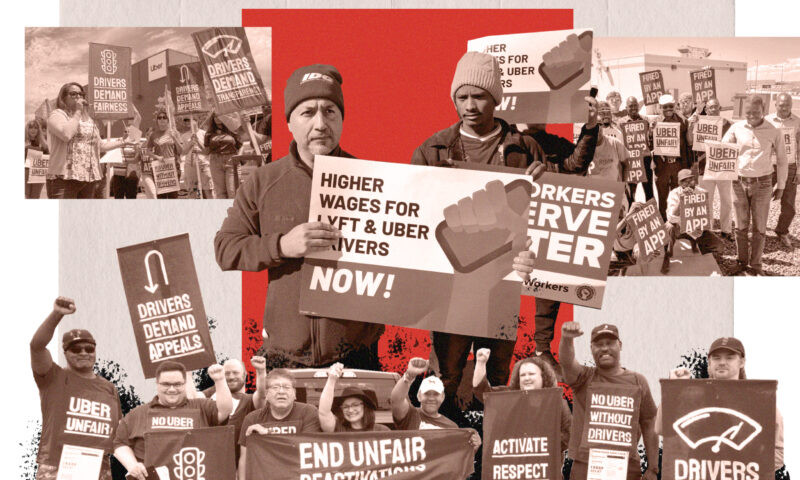

Workers optimistic about national coordination even as a second Trump administration threatens labor rights and immigration crackdowns.
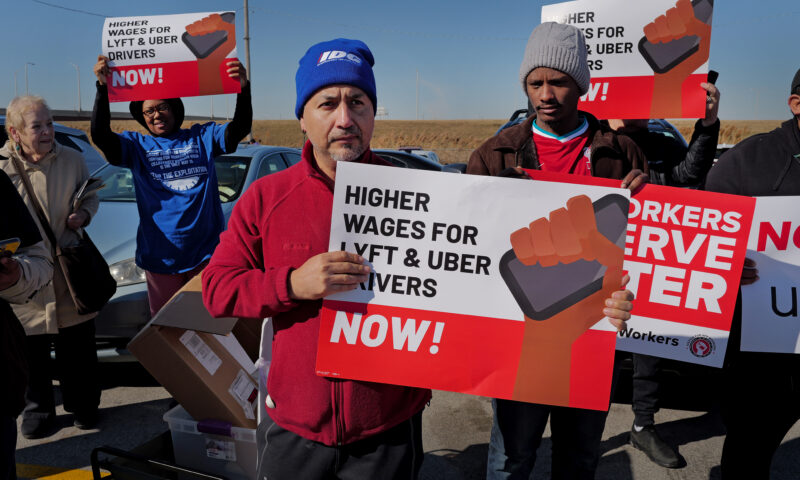
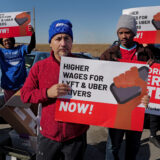
From Chicago to San Jose, California, rideshare drivers are working together for higher pay, safer work and better jobs.
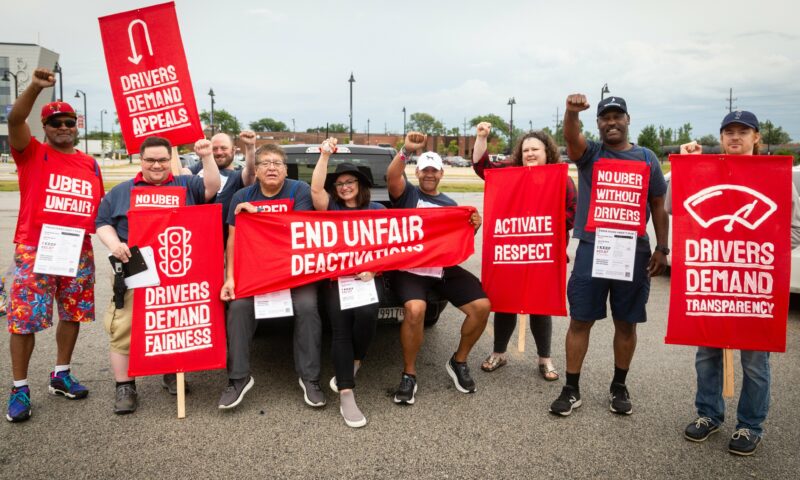

“Due process” for deactivations would include clear rules, guidelines and appeals before loss of income.
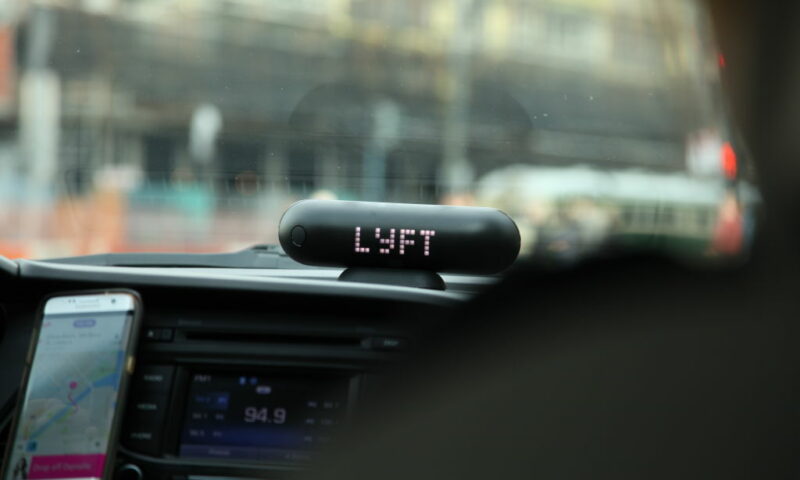
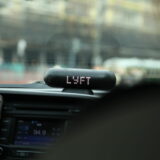
For the first time, they could qualify as employees and enjoy benefits and rights that have been off-limits for years.
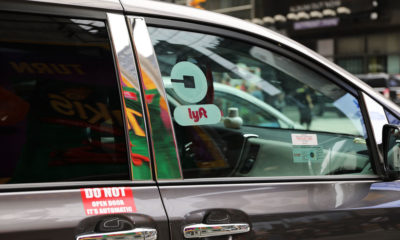

Rideshare companies spent $203M to pass a California measure limiting driver rights. A lawsuit says its fine print could block unions.
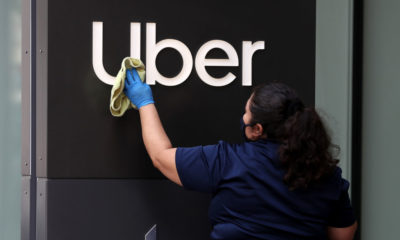
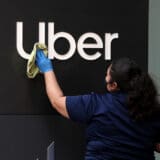
The most expensive ballot proposition in California history has won, although its opponents complained of being harassed online.
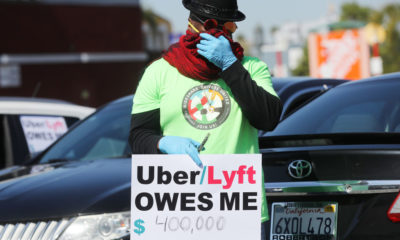
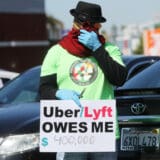
Gig companies are threatening to eliminate thousands of jobs if their ballot measure doesn’t pass.
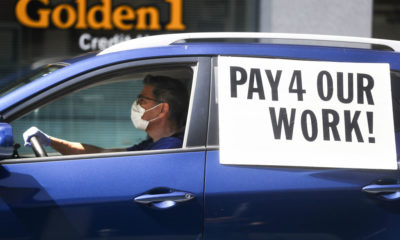

Major endorsements arrive as critics worry the measure will be disastrous for California labor.
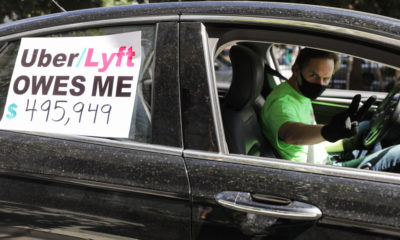
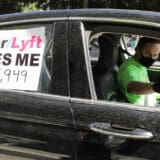
Lyft and Uber drivers’ early pandemic experiences have soured them on the companies’ ability to keep their workers safe.


An Economic Policy Institute study concluded that rideshare drivers nationwide take home an average of $9.21 an hour after expenses.


Co-published by the American Prospect
If AB 5 becomes law it could open the floodgates to similar legislation in other states. Uber and other companies may then find themselves on the defensive.


Although rideshare apps and other “gig economy” jobs are often billed as ways for workers to make extra cash in their spare time, that hasn’t been the case for many.
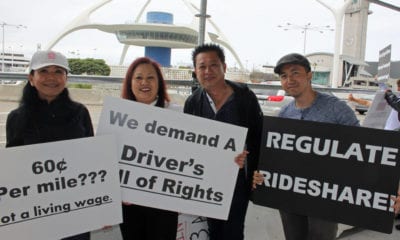
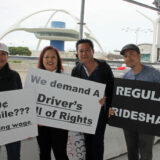
Co-published by the American Prospect
The strike by Uber and Lyft drivers came amidst highly anticipated initial public offerings from the two rideshare giants.


This week Capital & Main launches an ongoing project focusing on the broken economics of what is, according to one recent MIT analysis, America’s most expensive state.


Alissa Quart’s new book examines the plights of women and men whose jobs have been devalued by the evolving American economy.


Co-published by Fast Company
Consumer campaigns have existed for more than a century, but the Trump presidency has galvanized activists and accelerated their work.


Co-published by The American Prospect
Uber? That’s so 2015. A new report finds that we don’t know as much about the sharing economy as we think we do.


Co-published by The Nation
Alissa Quart reports on teachers who drive for Uber.
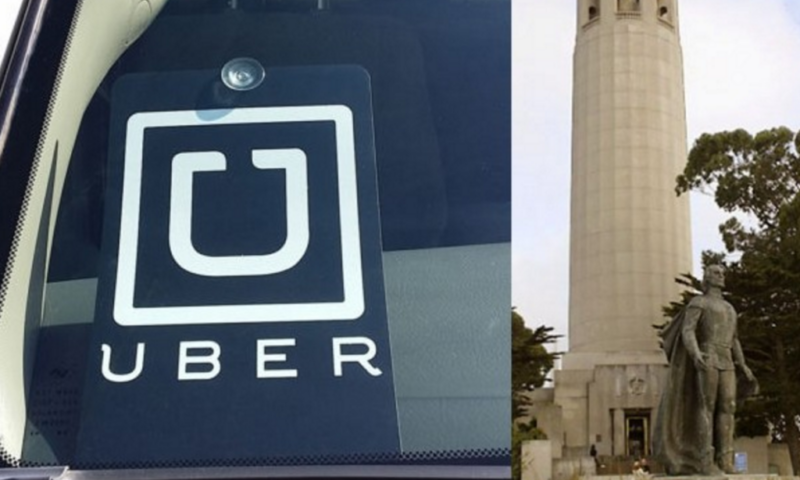
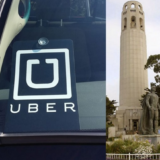
Co-published by Fast Company
It’s not easy being nobody, especially when you used to be somebody. But times are tough; jobs are scarce. When you’re falling straight down the financial cliff face, you reach out to grab hold of anything available to stop your descent and there, just before you land in a homeless shelter or move in with your sister, is Uber.